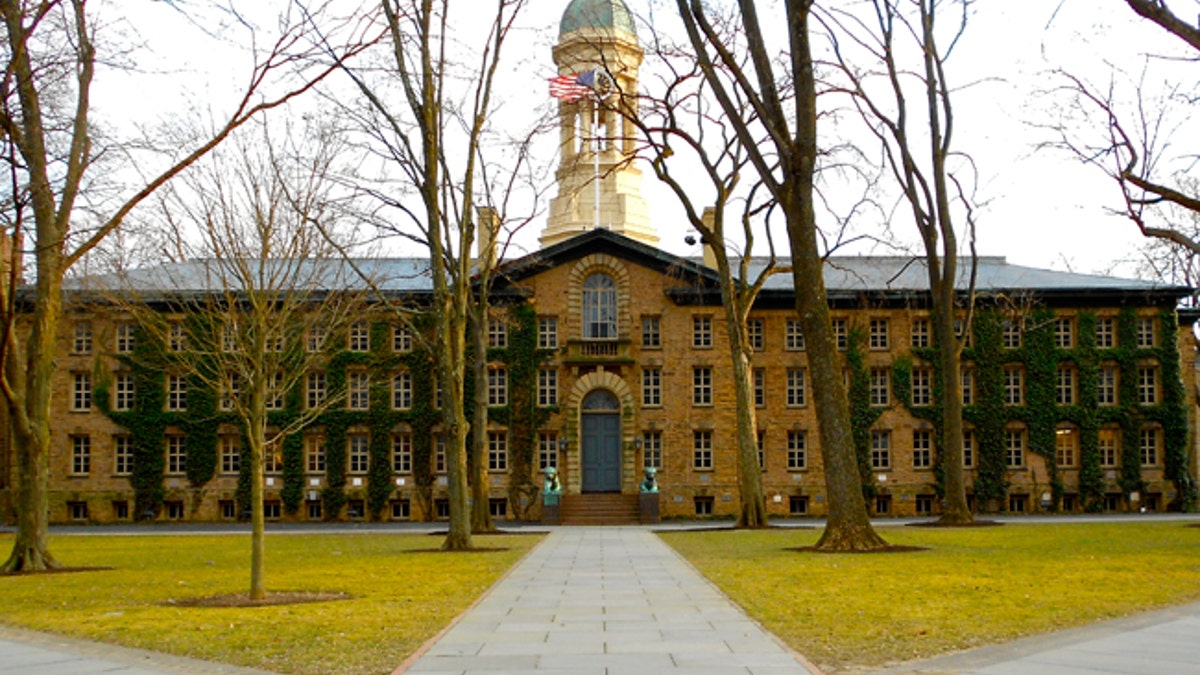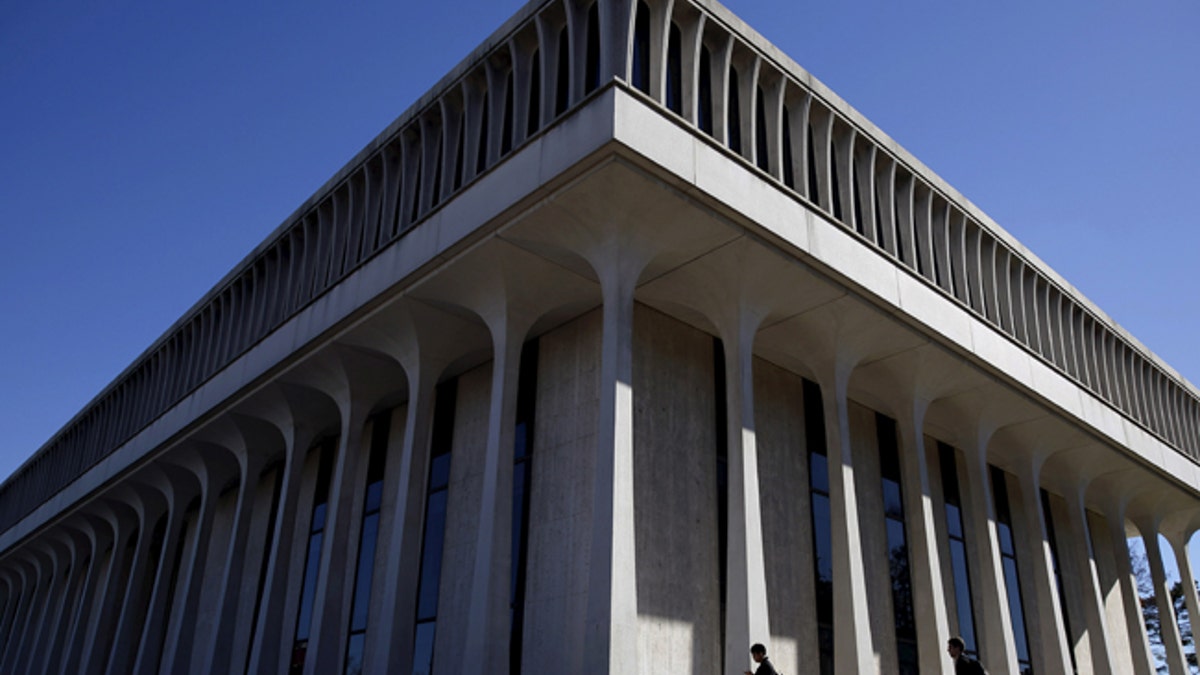
Do men at Princeton University need special guidance so that they don’t become violent, aggressive stalkers or rapists?
A paid position at the Ivy League school -- part of its Sexual Harassment/Assault Advising, Resources and Education (SHARE) office – focuses on “ … promoting an environment for healthy male social development by challenging belief systems and social constructs that contribute to violence …”
Colleges and universities across the country have been grappling with how to address what seems to some like an increasing number of reported sexual assaults on campus – sometimes referred to as a campus “rape culture” -- with decidedly mixed results and even some backlash.
“Princeton’s program is consistent with established best practices that encourage both men and women to create and foster a culture in which there is no place for interpersonal violence,” the university’s communications office said in a statement to Fox News.
Dan Gainor, vice president of business and culture at the Media Research Center, said the idea of preventing violence is commendable, but blasted the university’s foray into teaching men how to be men.
“Since when is it a university's role to teach ‘healthy masculinity?’ I doubt seriously that most Princeton academics have a clue what ‘masculinity’ really means,” Gainor said. “The job also calls for ‘challenging belief systems and social constructs.’ More lefty social garbage trying to remake men so they aren’t men.”
According to a 2016 SHARE survey, 25 percent of undergraduate women and 16 percent of graduate women at Princeton experienced some type of sexual misconduct during the previous school year.
“We have seen increased demand by men on our campus to play a more active role in preventing interpersonal violence, and we are pleased to support this growing interest,” the University said in its statement to Fox, noting that they want men to be “agents of positive change.”

Reuters (Princeton's Woodrow Wilson School of Public and International Affairs)
The New Jersey institution expects the person in this role to also lead and grow various anti-violence initiatives and promote “an environment for healthy male social development by challenging belief systems and social constructs that contribute to violence.”
“With plans for ‘compulsory accountability program for students accused of sexual misconduct under Title IX,’ this appears once more that Princeton is getting involved in places it lacks the skill set to handle,” said Gainor, noting the job posting uses the term accused, not convicted. “In other words, if you are a parent, don’t send your sons to Princeton.”





















